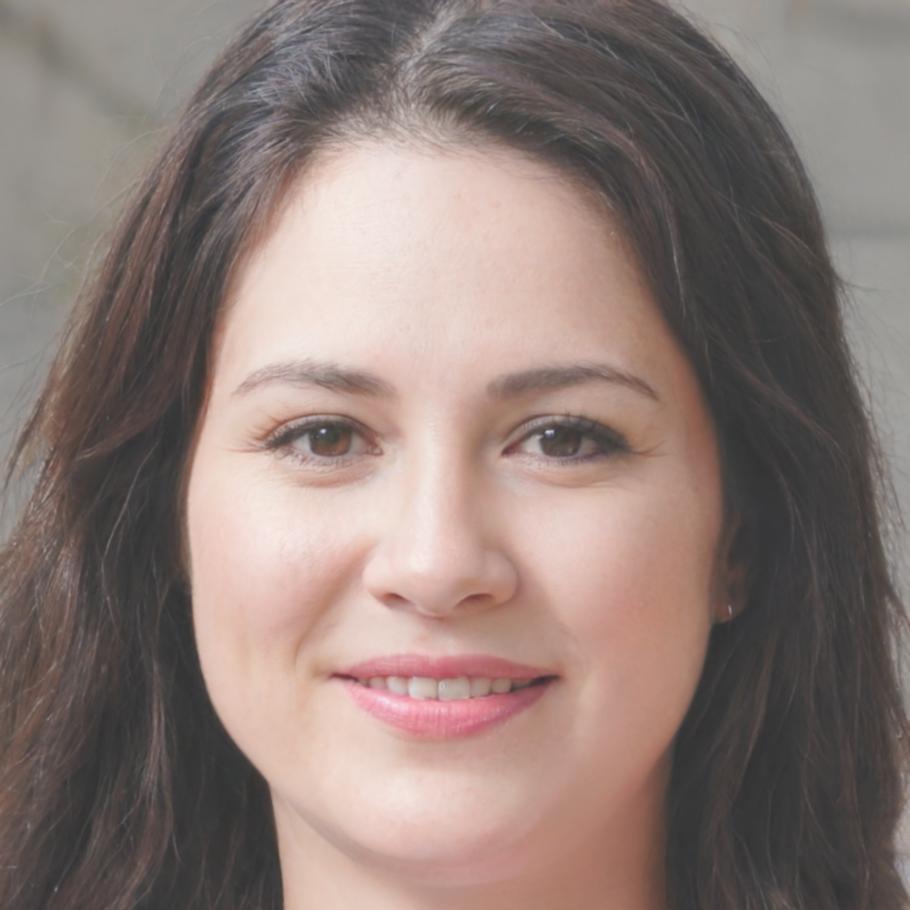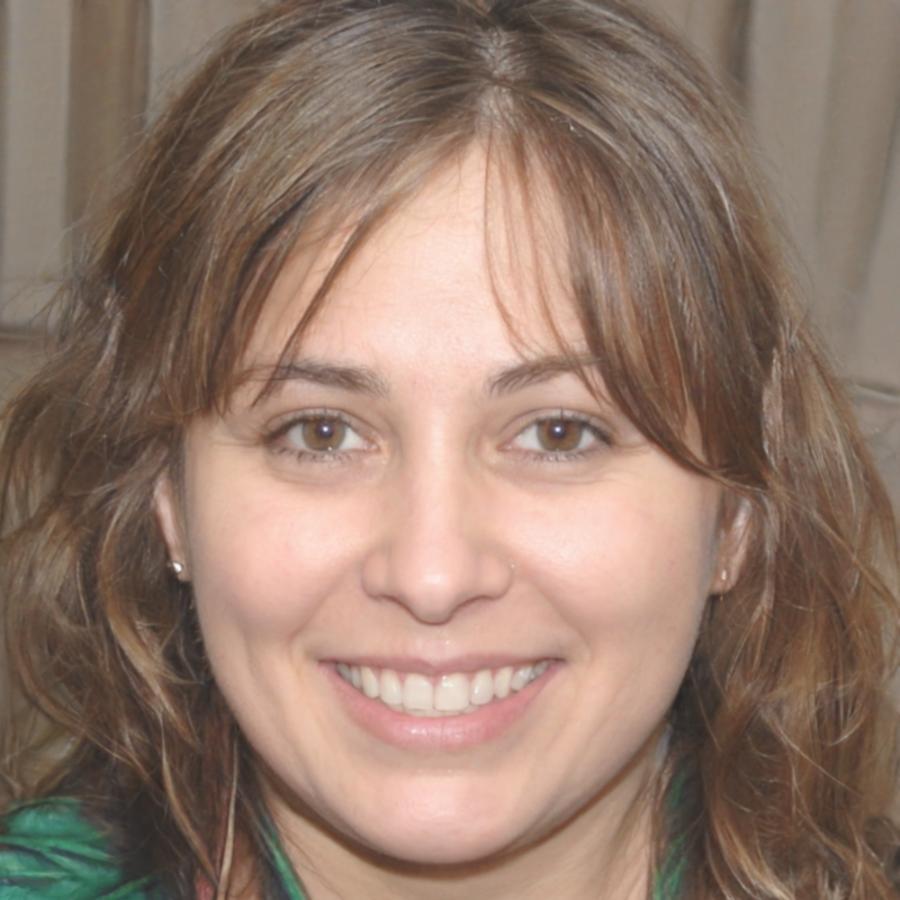Real Projects, Real Learning
Our students tackle actual budget planning challenges from their first semester. Not theoretical exercises or made-up scenarios—these are hands-on projects that mirror what financial professionals handle daily. You'll build spreadsheets that actually work, analyze spending patterns from real data sets, and present recommendations that make sense in the real world.
How Students Approach Budget Analysis
Most people think budgeting is just tracking expenses. But our students learn it's really about understanding patterns and making informed decisions based on what the numbers actually tell you.
Take the household budget project from Fall 2024. Students received anonymized spending data from three families over six months. They had to spot inefficiencies, suggest realistic adjustments, and explain their reasoning in plain language—no jargon allowed.
What made it challenging? The data wasn't clean. Some expenses were miscategorized. Income varied month to month. Just like real life, basically. Students had to figure out what mattered and what didn't before making any recommendations.

Projects That Build Skills
Each semester focuses on different aspects of financial planning. Students work individually and in teams, learning both technical skills and how to explain complex information clearly.
Personal Finance Tracker
Design a spreadsheet system that tracks income, expenses, and savings goals. Must be user-friendly enough that someone with basic computer skills can maintain it independently.
Small Business Budget
Create a quarterly budget for a local café using provided sales data and vendor invoices. Identify areas where costs could be reduced without affecting quality or service.
Savings Strategy Plan
Develop a five-year savings plan for a young professional earning median income. Account for inflation, unexpected expenses, and realistic lifestyle adjustments.
Students Share Their Experience
Learning budget planning isn't always straightforward. Here's what two of our recent graduates found most valuable about working on these projects during their time here.

Matilda Chen
Completed Program in December 2024
I thought I'd spend most of my time doing math. Turns out the hardest part was presenting my findings in a way that made sense to people who don't love spreadsheets as much as I do. That communication skill has been incredibly useful.

Lenora Voss
Graduated January 2025
Working with messy data taught me more than any textbook could. Real budgets don't come perfectly organized. You have to clean things up, make assumptions, and document your process. Those are the skills that actually matter when you're working with clients.
Program Structure
Our twelve-month program builds progressively. Each phase introduces new concepts while reinforcing skills from previous months. The October 2025 cohort follows this schedule.
Foundation Phase
Months 1-3
Learn spreadsheet fundamentals, basic financial concepts, and how to organize data effectively. Complete three small projects focusing on personal budget scenarios.
Application Phase
Months 4-7
Work on medium-sized projects involving small business budgets and multi-person household finances. Start collaborating with classmates on group assignments.
Advanced Projects
Months 8-10
Tackle complex scenarios with incomplete data, competing priorities, and realistic constraints. Develop strategies for long-term financial planning and risk management.
Portfolio Development
Months 11-12
Create a comprehensive portfolio showcasing your best work. Refine your presentation skills and prepare materials that demonstrate your capabilities to potential employers or clients.
Applications Open for October 2025
Interested in developing practical budget planning skills? Our next cohort begins October 15, 2025. Classes meet twice weekly with flexible evening and weekend options to accommodate working students.
Learn About Application Process
Tools and Methods We Use
You don't need expensive software to become good at budget planning. Most of our projects use standard spreadsheet programs that you probably already have on your computer.
We focus on teaching principles rather than specific software features. Once you understand how to structure data logically and perform meaningful analysis, you can adapt those skills to whatever tools your future employer or clients prefer.
Students also learn basic data visualization—creating charts and graphs that actually communicate insights rather than just looking impressive. It's about clarity, not complexity.